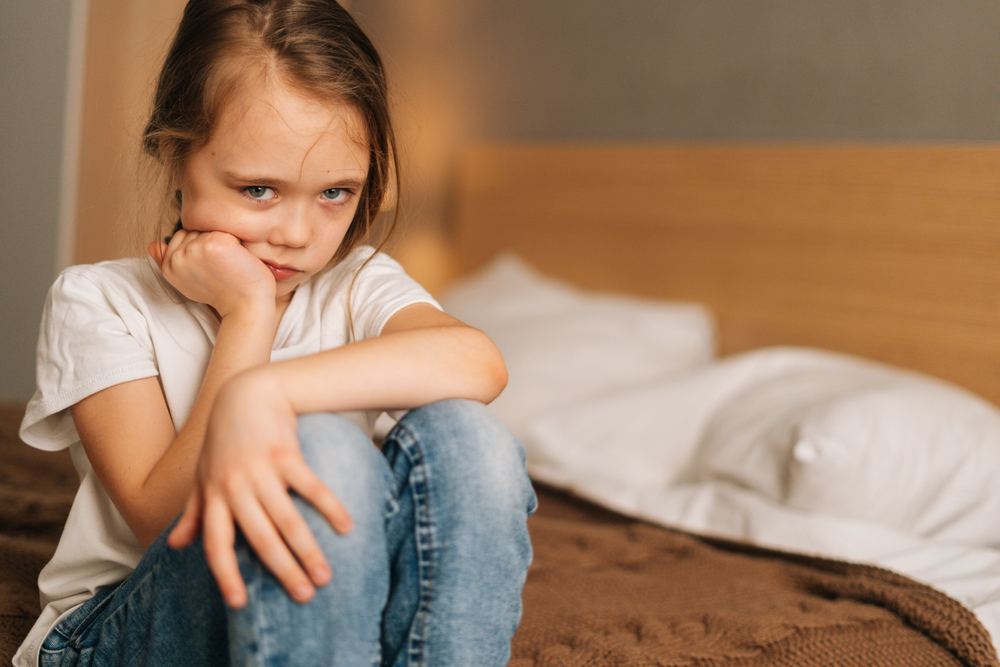When you meet someone who lacks empathy, it can be unnerving. It’s natural to think about what caused them to become this way. Most people don’t get born with an inability to feel empathy for other people. Most develop that problem as a result of their childhood experiences. Here are 16 childhood experiences that people who lack empathy often have.
1. They were left at home a lot.
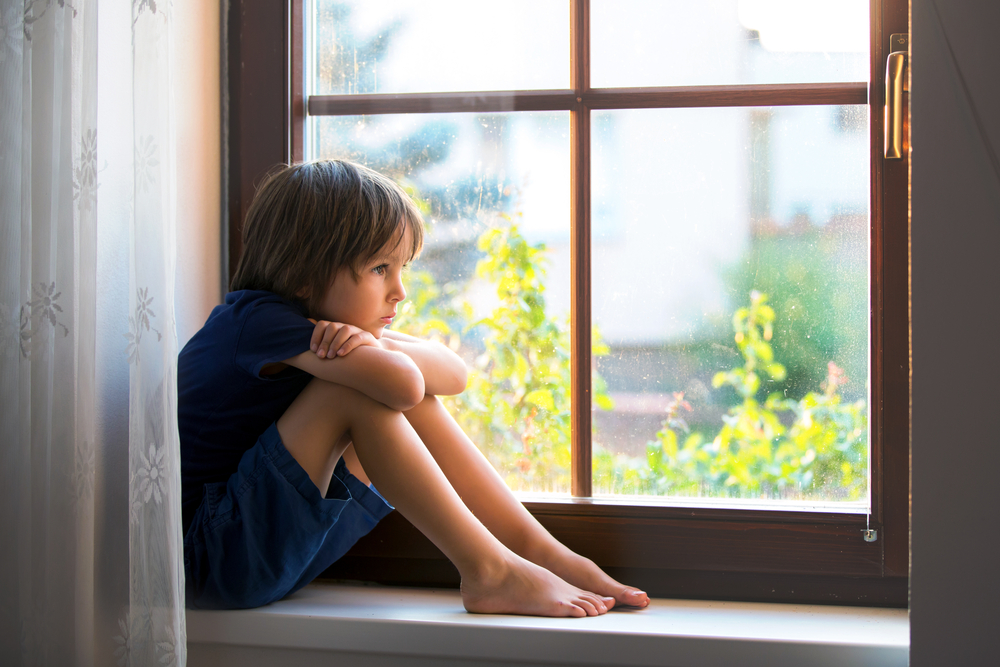
Neglect is a good way to damage a child. Specifically, neglecting a child can stop them from developing empathy, studies have shown. Kids who are left at home a lot without any supervision are forced to find for themselves. Their emotional needs aren’t met, and as a result, it’s hard for them to develop emotionally and socially.
2. They were constantly put down.
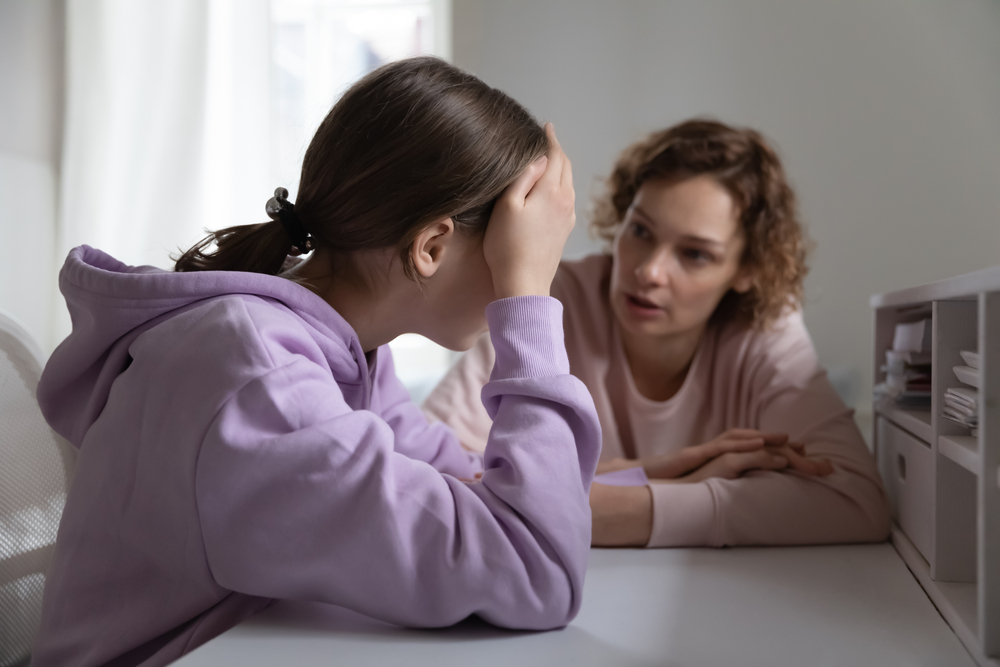
If someone is constantly criticized and put down as a child, it messes with their emotions. They probably grew up thinking they’re good enough. They push down their feelings for people as a method of self-protection. Additionally, since they had it so hard as a child, they find it hard to empathize with anyone else.
3. They were diagnosed with a developmental disability.

Sometimes the leading cause of a lack of empathy is a developmental disorder. For example, many kids with autism have trouble with social communication and interactions. A result of this is kids experiencing a lack of empathy.
4. They experienced a traumatic event.
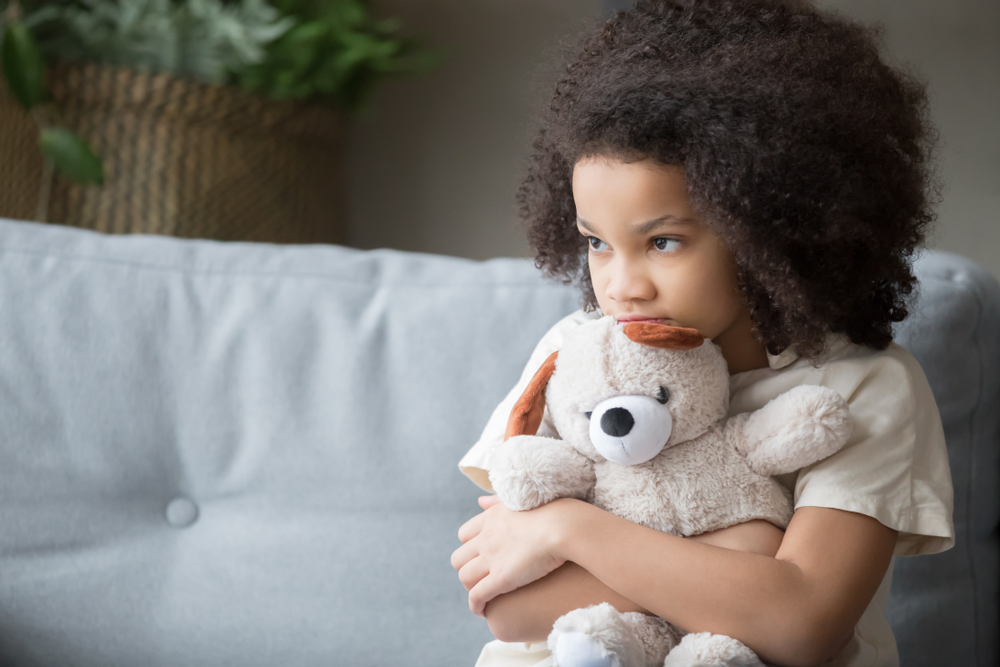
This is a broad example, but traumatic events can lead to a lack of empathy. Trauma comes in many shapes and forms, including emotional and physical trauma. Survivors of trauma often experience PTSD and have impairments in future social relationships, including a lack of empathy.
5. They were diagnosed with a personality disorder.
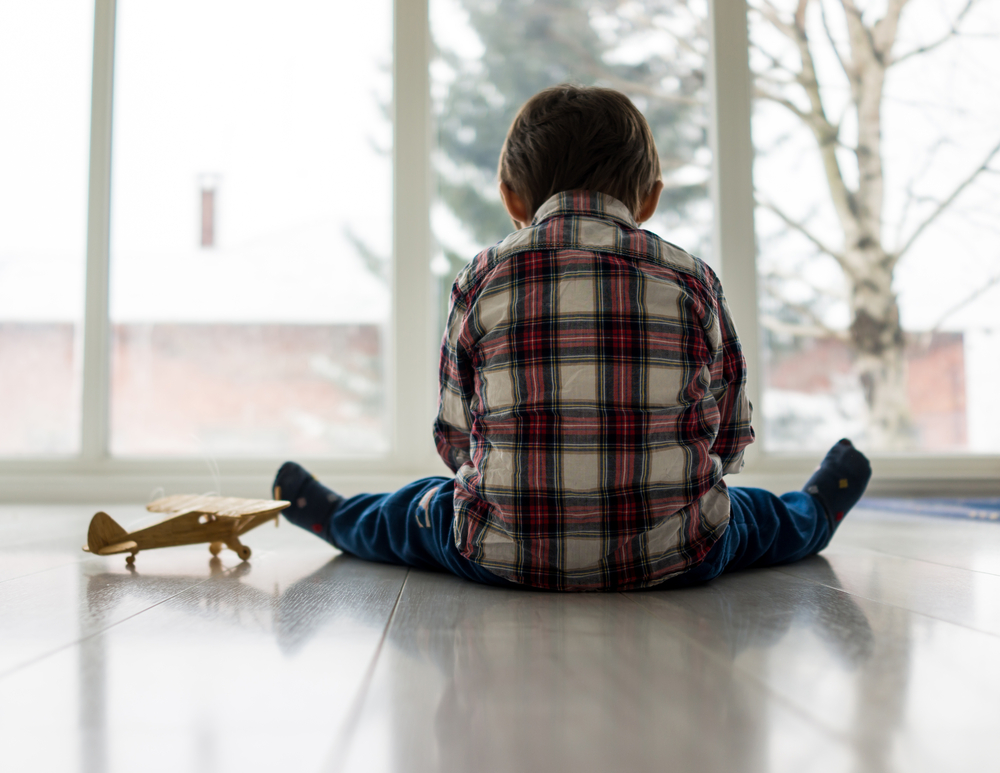
Personality disorders can also cause kids to develop a lack of empathy. Disorders like narcissism and bipolar disorder can cause an empathy deficit. People with these disorders often think their needs are more important and valid than other’s, and as a result, they don’t have any empathy for anyone else.
6. They were bullied.

Many people who were bullied as kids can come out the other side with a deep empathy for other people. However, in some cases, it can go in the complete opposite direction. People who were bullied often don’t develop important social relationships as children that allow them to develop empathy.
7. Their role models didn’t lead with empathy.
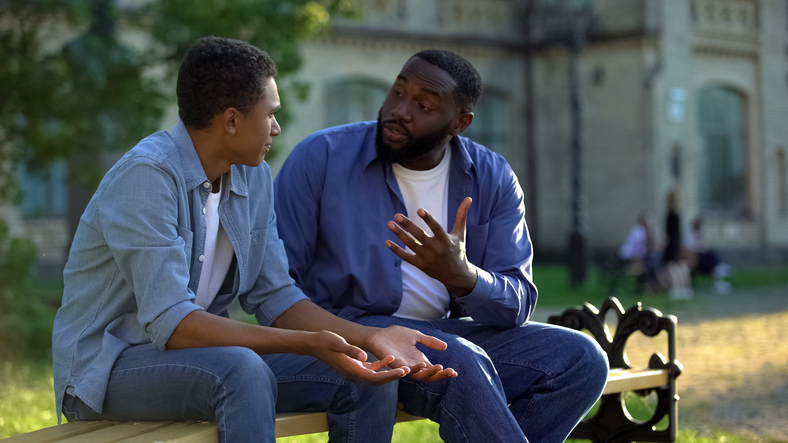
One of the leading causes of someone lacking empathy is not seeing your role models lead with it. If you were around adults who never showed empathy, it would be hard for you to develop it. Kids learn from their parents, and if their parents lack empathy, so will they.
8. They witnessed domestic violence.
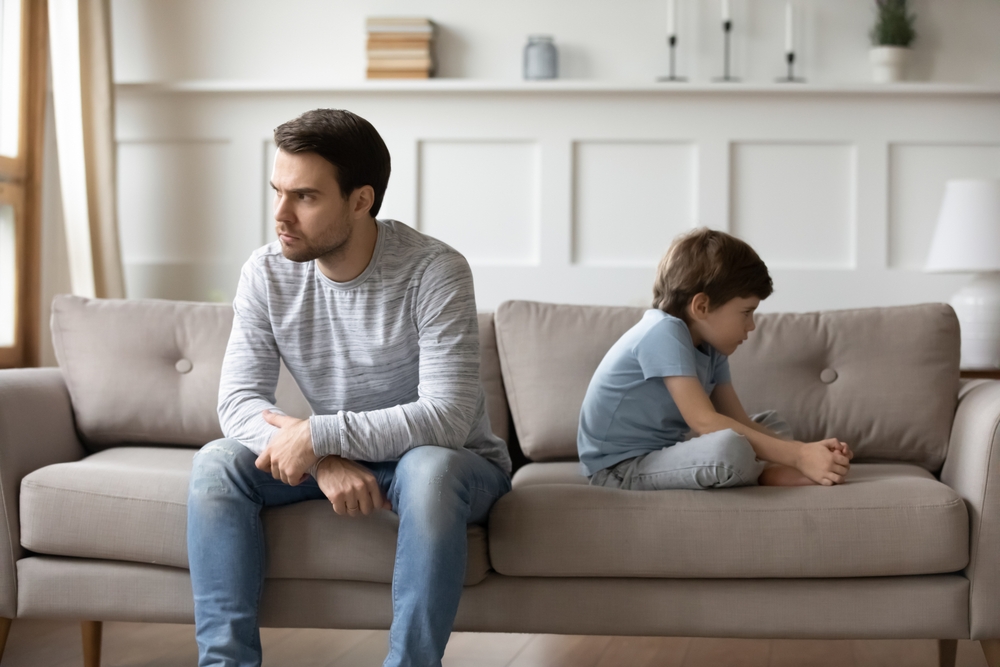
Children who grew up exposed to domestic violence often have a skewed perspective of what’s acceptable. Additionally, they’re exposed to a lot of stress. This can damage their self-esteem and make it difficult for them to develop empathy. Some studies have even shown that severe mistreatment during childhood leads to lower emotional empathy.
9. They experienced emotional abuse.
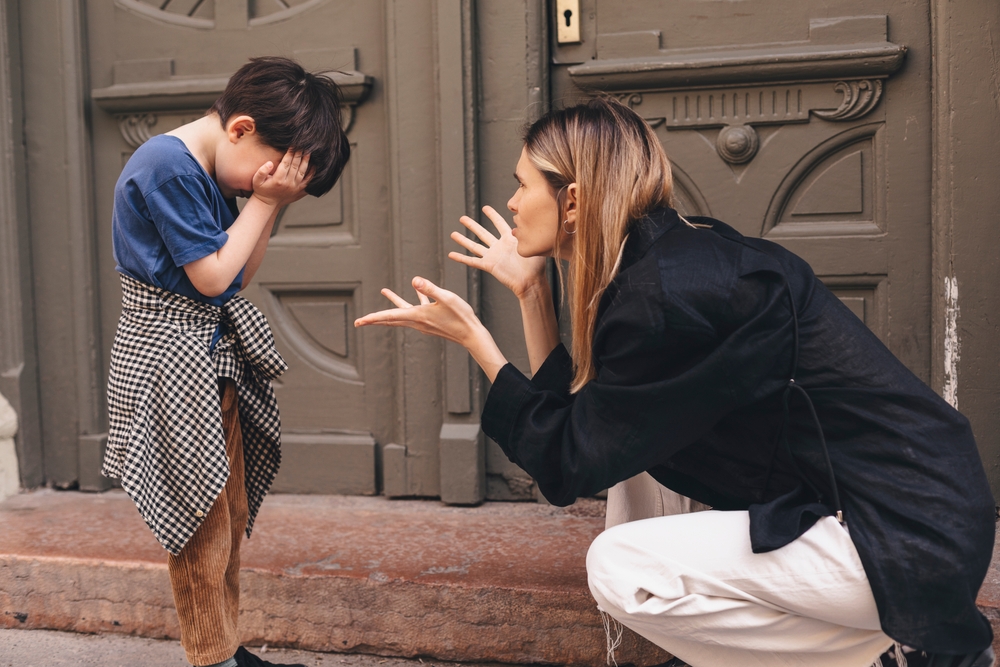
Exposure or experience with physical abuse is not the only thing that can lead to a lack of empathy. If a child was emotionally abused during childhood, it could lead to emotional instability. This makes it challenging for them to form healthy relationships and develop empathy.
10. They struggled with undiagnosed anxiety and depression.

Some kids experience mental health issues long before most adults. Anxiety and depression are two things that can seriously hinder the life of young kids, especially when it’s undiagnosed. If it’s diagnosed, it can be treated and kids can socially acclimate. However, when it’s undiagnosed, kids usually become loners who never develop important social skills. Without social relationships, empathy is never developed.
11. They were attached to someone who wasn’t empathetic.

When kids are young, they often attach themselves to a specific person. It’s typically a parent, but it can also be a friend or other family member. Regardless, if that person isn’t outwardly empathetic, it can cause that child to start to put up emotional walls as they age. This will lead to struggles with empathy later in life.
12. No one listened to their feelings.

When kids are young, they often turn to their parents when they’re sad or upset. If their parents tell them their problems aren’t a big deal or ignore them, they will become more guarded. Additionally, since no one showed empathy to them, they never learned the importance of showing empathy to other people.
13. They were abused.
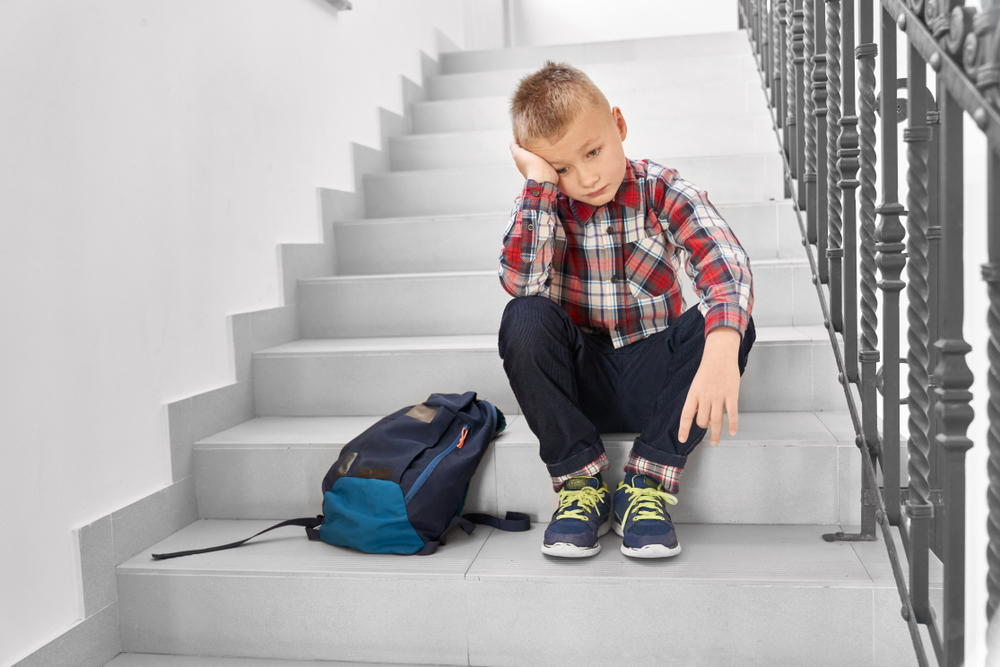
Children who were abused weren’t exposed to positive and safe relationships they could learn from. As a result, survivors of abuse are often lacking in emotional intelligence and empathy as adults, Psychology Today explains. They were only ever treated poorly, so they didn’t learn how to treat people.
14. Their parents gave them strict rules.
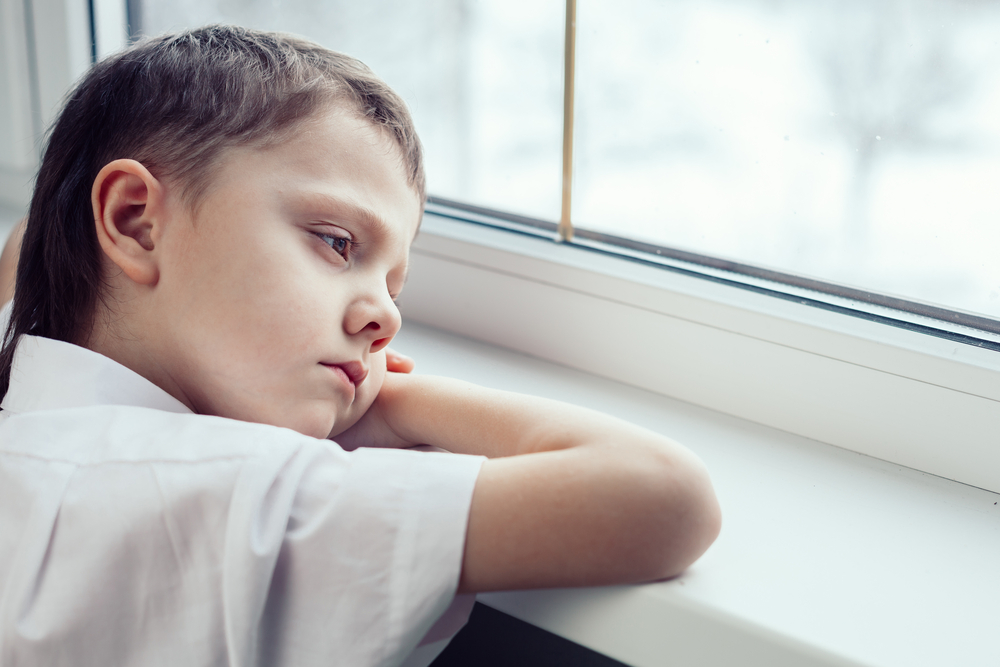
Some kids have parents that let them get away with anything, and that’s not great. However, sometimes it’s even worse for a parent to be too strict. Kids with parents who get upset at the slightest mistake often lack empathy. Their parents never gave them anything, even small things, so they never learned it’s a thing they should have for other people.
15. They moved a lot.
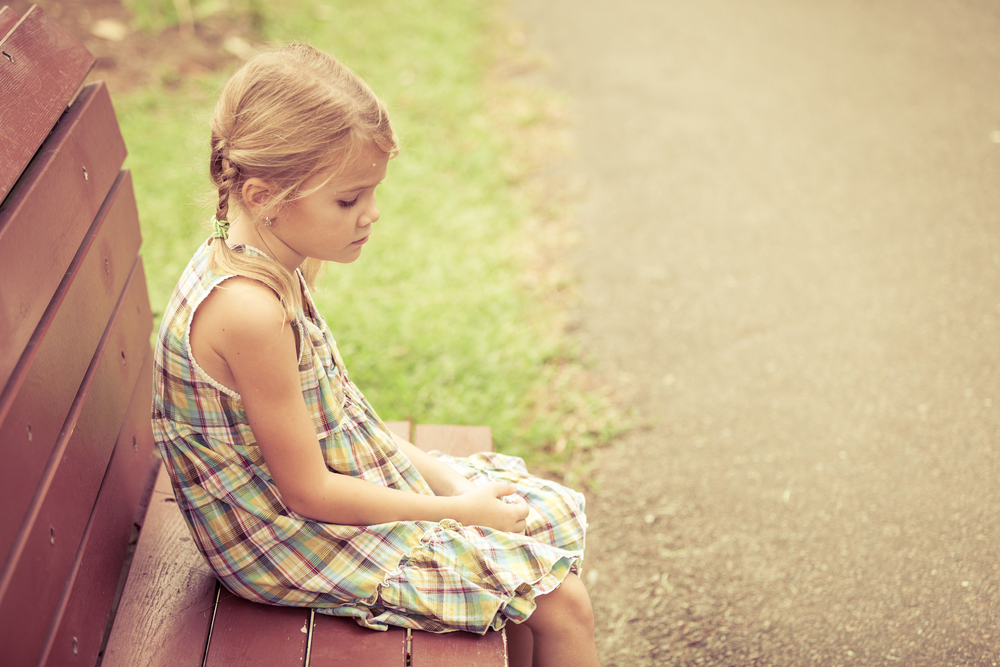
One interesting childhood experience that can lead to a lack of empathy is moving a lot. Kids who constantly move from city to city and school to school never have the chance to develop close friendships. These kids tend to withdraw socially and struggle with adult relationships. Never having close friendships as a kid means you don’t have the help to develop empathy.
16. They grew up without affection.

Lastly, one of the leading causes of lack of empathy is growing up without affection. Whether it’s not getting any love from parents or not developing close friendships, kids without affection often struggle with empathy as adults. Kids learn how to be empathetic from emotions in relationships in the early stages of their lives. If they don’t have these relationships, it means they don’t develop empathy like other kids.

